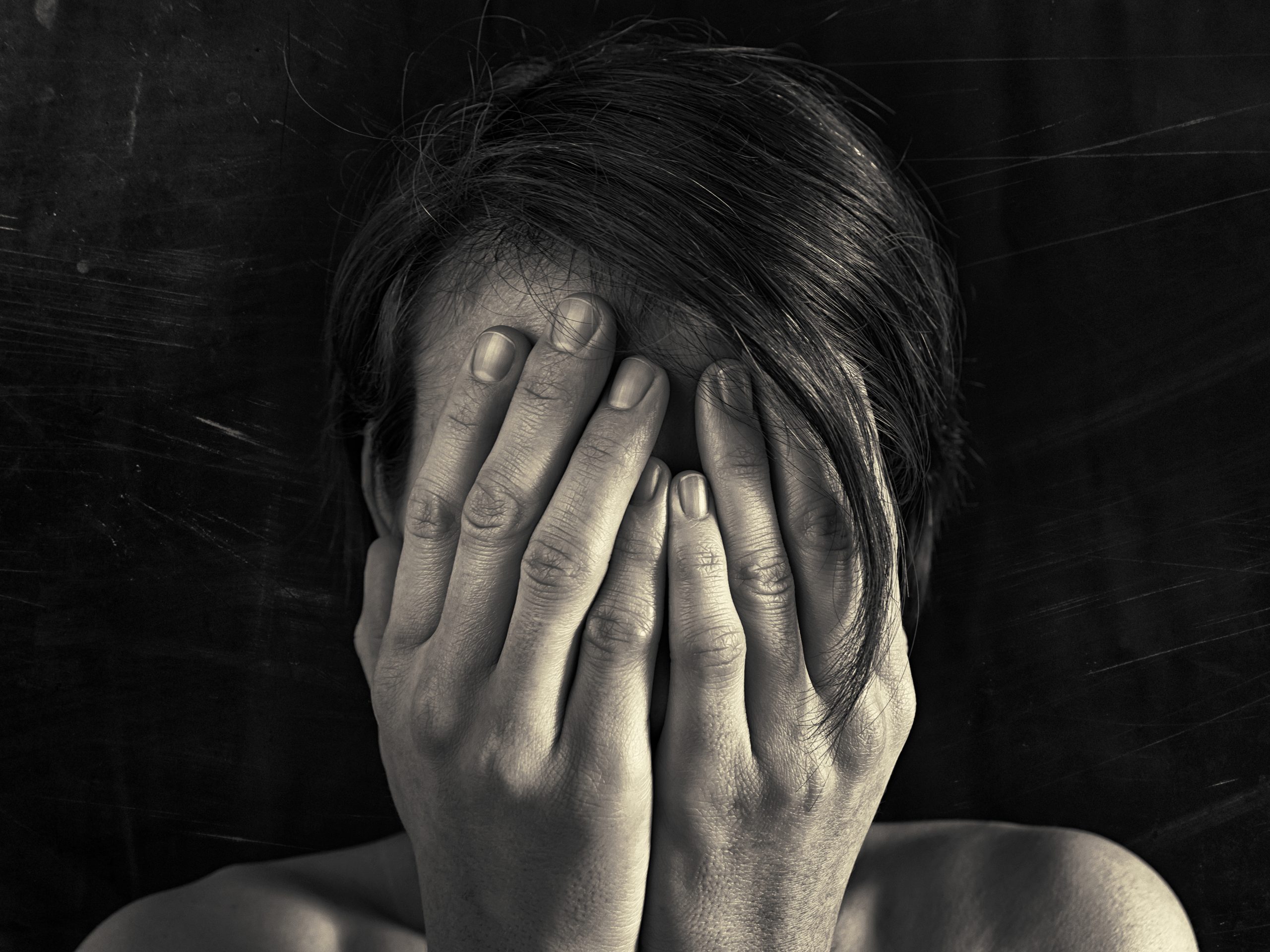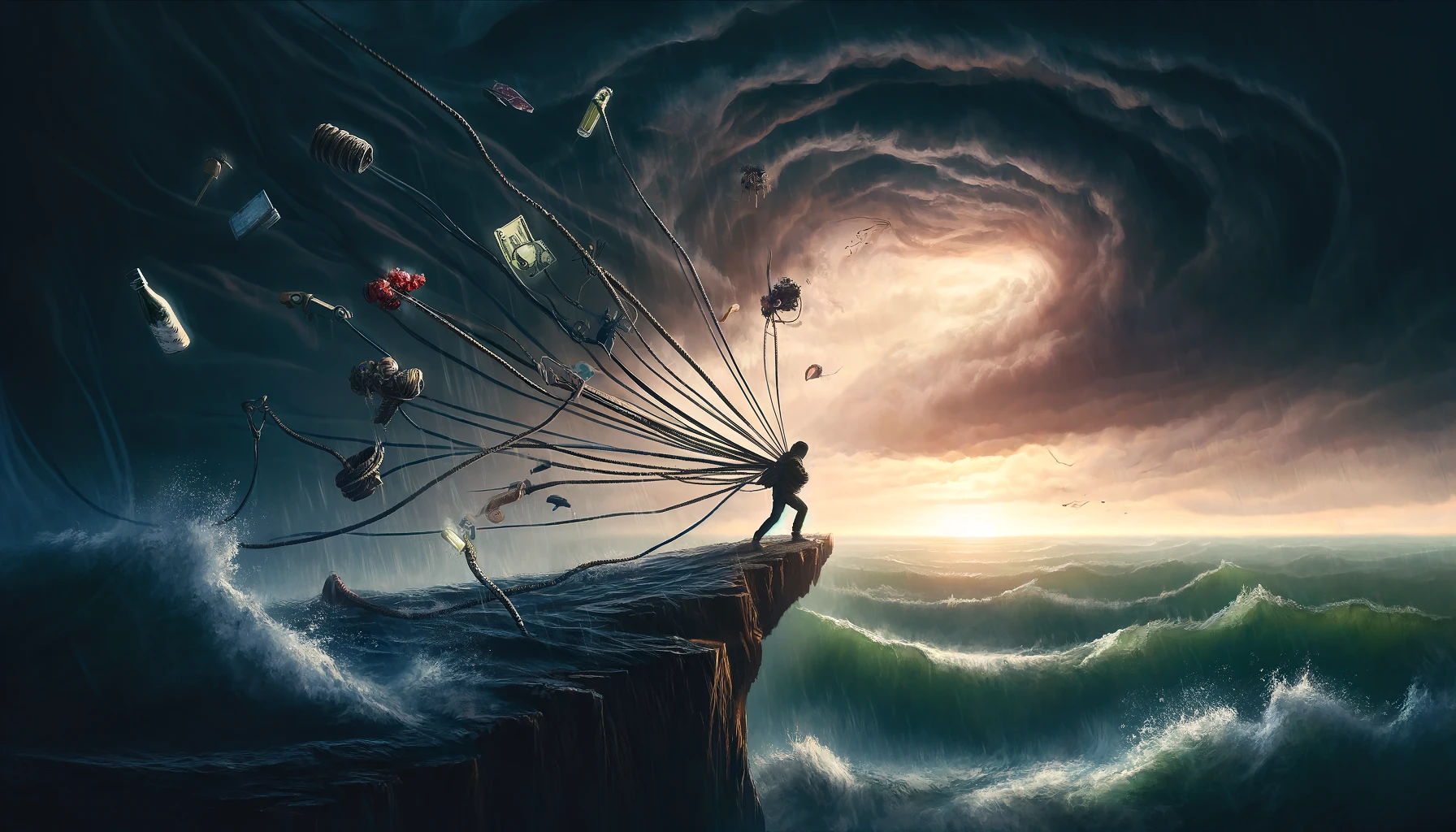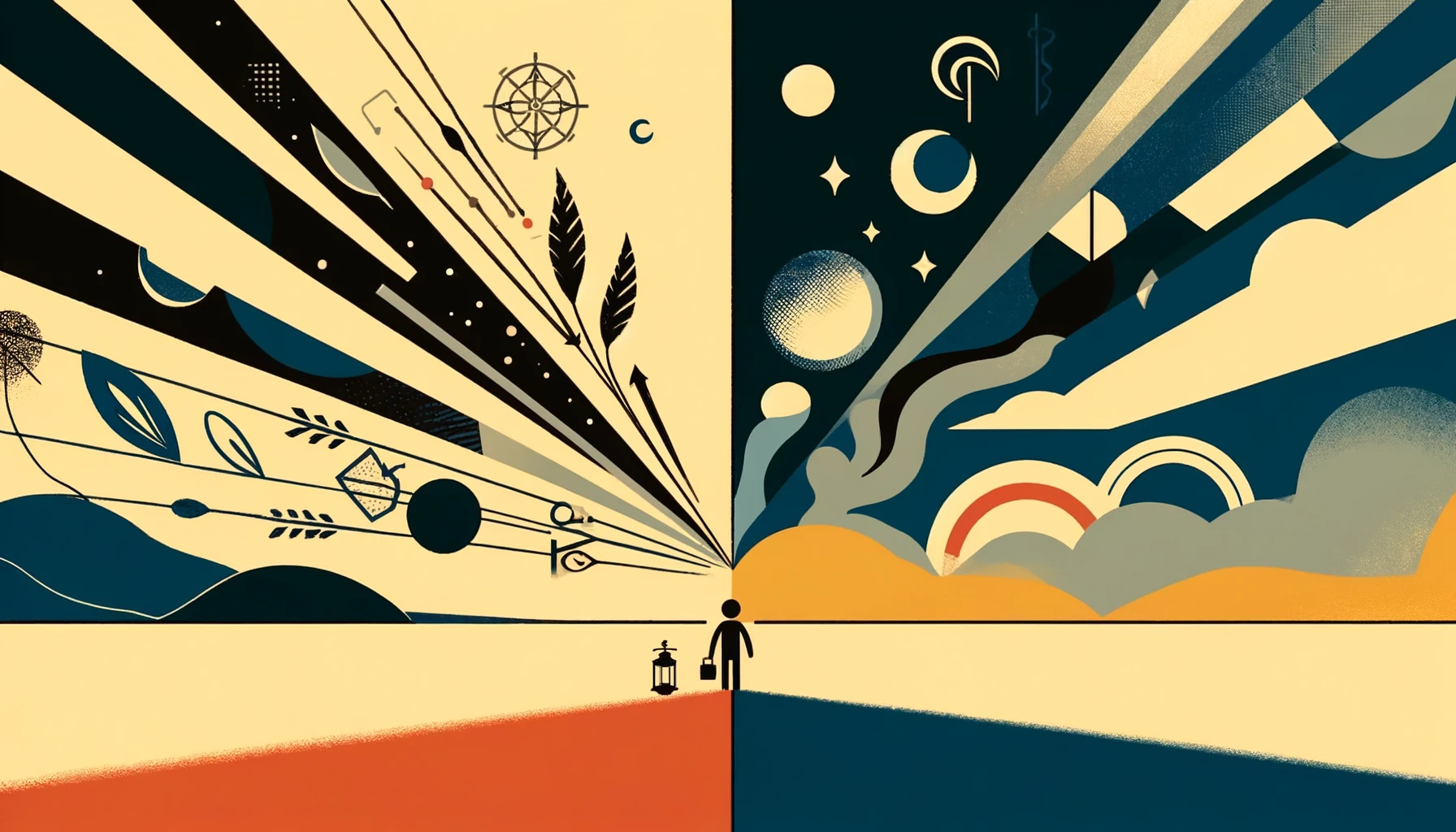I used to hoover cocaine and drown myself in alcohol. Plus, I was so ruled by terror I couldn’t even admit I was scared. Sobriety has changed most of that.
The reason I got sober isn’t that I thought sobriety sounded like a great idea. It was actually something I thought that only a complete loser would embrace. It was the act, I was certain, of a person with absolutely no other options.
 The problem was that I was that person with no other options. And I was so depressed by my cocaine-cigarette-vodka-Ambien diet—and the cycle of trying to quit it and not being able to—that I figured anything, even sobriety, had to be better. So one morning I called my mom and told her that I was a coke addict and that I was in serious trouble. I don’t know what was different about that morning. Maybe nothing was different but I just had a moment where I wasn’t able to talk myself into continuing on the path I was on. My mom knew that something was wrong with me but something had been wrong with me for a long time. Still, the previous year, when we’d been on vacation, she happened to see how many Ambien I shook from the pill bottle into my open palm and so she tried to talk to me—in that terrified Mom voice—about what I was doing. I’d told her to stop overreacting and changed the subject.
The problem was that I was that person with no other options. And I was so depressed by my cocaine-cigarette-vodka-Ambien diet—and the cycle of trying to quit it and not being able to—that I figured anything, even sobriety, had to be better. So one morning I called my mom and told her that I was a coke addict and that I was in serious trouble. I don’t know what was different about that morning. Maybe nothing was different but I just had a moment where I wasn’t able to talk myself into continuing on the path I was on. My mom knew that something was wrong with me but something had been wrong with me for a long time. Still, the previous year, when we’d been on vacation, she happened to see how many Ambien I shook from the pill bottle into my open palm and so she tried to talk to me—in that terrified Mom voice—about what I was doing. I’d told her to stop overreacting and changed the subject.
Now, my mom is one of those mothers who would love to get both of her children back into her womb, if possible. But barring that, she’ll settle for living back in the house we grew up in. Barring that, she’ll take living in Northern California. I was living in LA. So that morning I called her, she said, “LA’s been terrible for you. Go get in your car and drive home.”
I rarely think the sentence, “I’m scared” because I internalized long ago that only weak people thought like that.
I drove there, completely despondent. If there was anything that sounded more depressing than being sober in LA, it was being sober in my hometown. But like I said, I didn’t have any options. I ended up talking to my parents and my step-dad and a therapist about what I’d been doing—telling them the whole story and not just the edited version I’d been giving them for years. I admitted that I spent entire weeks doing cocaine alone, that I didn’t have any friends anymore, that I sometimes took so much Ambien after getting wired that I worried one morning I just wouldn’t wake up. They were rightfully alarmed and agreed to help pay for rehab. Somehow I talked them into helping to pay for a rehab in LA and not in Northern California. And somehow I talked that rehab, an inpatient program, into letting me do outpatient since I didn’t want to have to quit the job I was barely hanging onto.
But this rehab, and sobriety, turned out to be nothing like I expected. The people there weren’t shuffling around in grey sweaters, lamenting their lives. They were vibrant and hilarious and very much engaged in life in a way that none of the drug addicts I’d been around had been. And they were talking about things I not only related to but had long felt and never said out loud because I’d assumed no one would understand. They talked about their negative thinking—about how they’d wake up and think life was so dismal that they couldn’t do anything but try to escape their thoughts through drugs. They talked about desperately trying to quit—about wanting to stop with everything in them—and not being able to, that decision to pick up again happening so quickly that they never even realized it was a decision. And they talked about ways of improving how they felt that had never occurred to me: about how trying to help other people gave them relief, about how it was their chronic self obsession that kept them feeling so bad. They talked about how even though they thought obsessively about themselves, they also never felt like they were enough; I learned the expression that had summarized the previous three decades of my life: “I’m the piece of crap in the center of the universe.”
If they’d been sober a while, they talked about finding happiness—and not through getting “cash and prizes,” like the job or relationship they wanted, which is what I’d always called happiness. They talked instead about not needing to get the job or relationship they wanted in order to feel good. And my ears really perked up when they talked about resentments; I had a long list of people that had wronged me and I was always eager to extract vengeance somehow. But again they said surprising things: they talked about how it was in seeing the large part they’d played in their problems with other people that they were able to forgive those other people. I did what they suggested and, really quickly, realized the strangest thing of all: I didn’t want to drink anymore. I didn’t even want to do cocaine. By just doing what these people suggested I do—which happened to radically alter my perception of every aspect of my life—it was like the part of me that craved alcohol and drugs, that had to leave town in order to escape the lure of cocaine and even then scrounged up coke wherever I was, had been removed in the same way that my tonsils had. And it was a good thing, too, because I had essentially been sleepwalking through my life—walking and talking but emotionally and spiritually and intellectually frozen in time—so I had a lot of catching up to do. Finally I could actually figure out how to live.
The first element to learning how to live, I quickly learned, was facing my fears.
As far as I understand things now, I’ve struggled with three main fears my whole life—the fear that I’m stupid, the fear that I’m doing everything wrong and the fear that I’ll lose everything I have and fail to get everything I want. But I didn’t always know that.
When I first got sober, I was told by people who’d been sober longer that I lived with “a hundred forms of fear.” I was told that fear ruled my every thought, feeling and action. I thought these people were a little dramatic; sure, I felt scared sometimes but not all that much. In many ways, I protested, I was fearless.
This was before I realized that I had a voice ruling everything I did and told me terrible things. I’m not crazy, I don’t hear voices, I just heard one and its running commentary was a brutal combination of every negative thing anyone had ever said to me my whole life. It would tell me that I was stupid, that I was doing everything wrong, that everyone who mattered to me would leave me and that I didn’t deserve what I had. It was only when I’d been sober at least five years that I even realized I was ruled by this voice—that I’d actually taken my fears and, too fearful to admit that I was scared, turned them against me. Rather than comforting myself through what scared me, I was taunting myself with these fears as if they were real and therefore not even giving myself a fighting chance.
So I started to think about the things I told myself and then present myself with this scenario: if I had a small, precious child I was caring for, would I tell her that she was an idiot and that no one would ever love her? Of course not! And if I wouldn’t do that to a fictional child, why would I do it to myself? I began to write down the incredibly cruel things I told myself and learned to differentiate between what was a real thought and what was one of my fears turned against me. The process sucked; it took years to undo. But at a certain point, that horrible voice—the voice of my fears—disappeared. It still comes back sometimes. Something will scare me—usually information that another person has something I think I should have—and the voice will turn on. But I’ve learned to recognize it and know it’s not real. I’ve also learned that my fear can take all sorts of other forms. I rarely think the sentence, “I’m scared” because I internalized long ago that only weak people thought like that. So my psyche devised an entirely counter-productive system that makes fear register as all sorts of other feelings: tired, for example. Or nauseous. Indifferent. “I just don’t feel like doing that” may, from me, mean “I’m scared to do that.”
The fact that I now know this about myself, and can therefore move through it, has changed everything for me. I feel these days like I get to walk around with someone else’s brain—the brain of someone who really, genuinely likes herself. And while I’m grateful to be rid of the obsessions I used to have to drink and do cocaine, I think I’m even happier to have shut the fear voice down.




